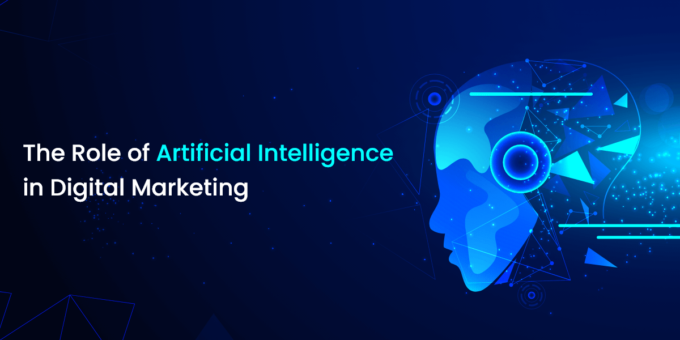
In the age of rapid technological advancements, Artificial Intelligence (AI) has emerged as a game-changer in various industries, and digital marketing is no exception. AI has revolutionized the way businesses approach marketing strategies, enabling them to gather and analyze vast amounts of data, automate processes, and personalize customer experiences. From chatbots to predictive analytics, AI-powered tools and algorithms have become indispensable in the field of digital marketing.
One of the significant contributions of AI to digital marketing is its ability to collect, process, and analyze enormous volumes of data in real-time. Traditional marketing methods often rely on manual data analysis, which can be time-consuming and error-prone. AI, on the other hand, can swiftly analyze data from various sources, such as social media platforms, customer interactions, and website analytics, providing marketers with valuable insights into consumer behavior and preferences. This data-driven approach allows businesses to make informed decisions and tailor their marketing strategies to target specific audiences effectively.
Do you know? AI can also help to find the right email contact of the target audience. This is one of the critical tasks for any digital marketer – one cannot just find authentic email addresses easily. Here is where GetEmail.io comes to every digital marketer’s rescue. It also answers the question about how to get an email address for free! GetEmail.io also comes with an extension to other platforms like Linkedin, Gmail, Salesforce, etc to make email address finding task smoother.
Personalization has become a crucial aspect of modern marketing, and AI plays a vital role in delivering personalized experiences to consumers. By leveraging AI algorithms, marketers can analyze customer data, such as browsing history, purchase patterns, and demographic information, to create highly targeted and personalized marketing campaigns. AI-powered recommendation systems, for instance, can suggest products or services based on individual preferences, increasing the chances of conversion and customer satisfaction. Personalization not only enhances the customer experience but also improves customer loyalty and drives brand engagement.
Chatbots have become increasingly popular in digital marketing, thanks to AI advancements. These virtual assistants can simulate human-like conversations with customers, providing instant responses and support. Chatbots can handle a wide range of customer queries, offer product recommendations, and assist with the purchasing process. By automating customer interactions, chatbots improve response times, enhance customer service, and reduce costs for businesses. Moreover, AI-powered chatbots can learn from customer interactions over time, becoming more intelligent and capable of providing personalized assistance.
AI also plays a significant role in search engine optimization (SEO) and content marketing. Search engines, such as Google, constantly update their algorithms to deliver the most relevant search results to users. AI algorithms help marketers understand search engine ranking factors, optimize websites, and create high-quality content that resonates with the target audience. AI tools can analyze keywords, monitor website performance, and suggest improvements to enhance search engine visibility and drive organic traffic.
Furthermore, AI enables marketers to predict consumer behavior and anticipate market trends through predictive analytics. By analyzing historical data and patterns, AI algorithms can forecast customer preferences, identify potential leads, and optimize marketing campaigns. This proactive approach helps businesses stay ahead of the competition, adapt their strategies to changing market dynamics, and make data-driven decisions.
However, it is important to consider the ethical implications associated with AI in digital marketing. Privacy concerns and data security are critical issues that need to be addressed. Marketers must ensure transparent data collection practices, obtain proper consent from users, and adhere to data protection regulations to maintain customer trust.
In conclusion, AI has transformed digital marketing by providing marketers with powerful tools and insights to create personalized, data-driven, and targeted marketing campaigns. From data analysis to customer personalization, chatbots to predictive analytics, AI continues to revolutionize the way businesses connect with their customers. As technology advances further, the role of AI in digital marketing will only grow, shaping the future of marketing strategies and customer experiences.


